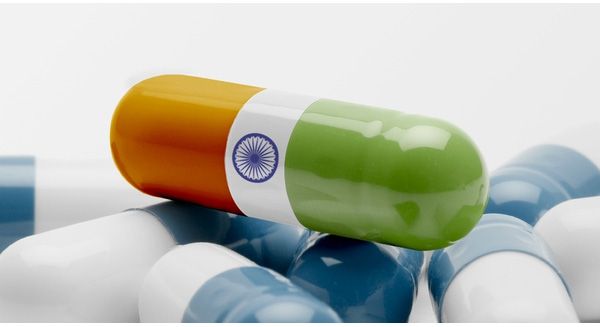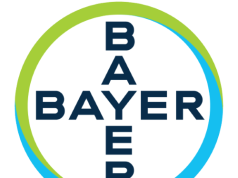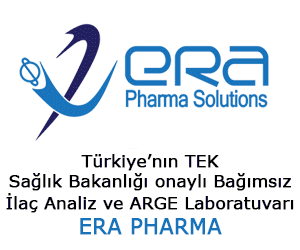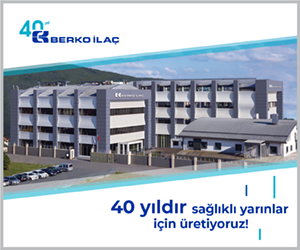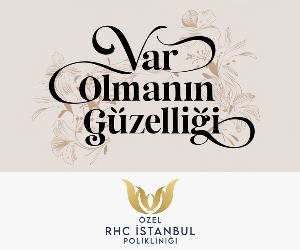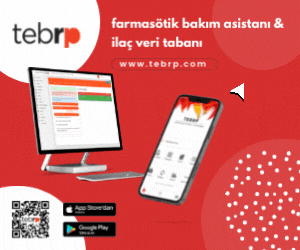Sanofi CEO’su Olivier Brandicourt, J.P. Morgan Healthcare Konferansı’nda 2018 yılı sonuna kadar şirketin Avrupa jenerik ürünlerini satmak için bir anlaşmaya varmayı planladığını söyledi.
As Sanofi looks to reshape itself and offload its European generics business, it’s reportedly getting some interest around the globe for an outfit that analysts believe could fetch $2 billion.
Indian drugmakers Aurobindo, Zydus Cadila, Torrent Pharma and Intas have considered a buy, according to the Economic Times. Elsewhere, a Chinese drugmaker and private equity firms are said to be interested, according to the Indian newspaper.
For its pursuit of the company, Zydus Cadila has teamed with European private equity firm Apax Partners, ET reports. Temasek and Chrys Capital are supporting Intas’ run at the business.
As part of Sanofi CEO Olivier Brandicourt’s review of the global drug giant, Sanofi in March said it would sell off the outfit that generated €571 million in the first nine months of 2017. During Sanofi’s J.P. Morgan Healthcare Conference presentation this week in San Francisco, Brandicourt reiterated the company’s intention to announce a deal by the end of the year.
Sanofi has said it remains committed to generics in other countries and will particularly focus on emerging markets. Brandicourt is also seeking to cut €1.5 billion in annual expenses after coming on board in 2015.
All of the moves come as competitive pressures eat away at Sanofi’s sales in diabetes. In the generics world, consolidation by payers has created intense pricing pressure in the U.S., and top players such as Teva Pharmaceutical Industries have seen the effects in their sales. As a result, the generics industry is experiencing consolidation of its own.
While Sanofi is looking to sell a unit of its own, the company fell short in two acquisition attempts over the last year. First, it went after Actelion and lost to Johnson & Johnson in a $30 billion deal. The drugmaker then pursued Medivation, which ultimately sold to Pfizer for $14 billion. Brandicourt also offloaded the drugmaker’s Merial outfit to Boehringer Ingelheim in a 2016 asset swap; Sanofi picked up BI’s consumer health assets in return.
fiercepharma.com
Why Indian pharmaceutical companies are keen on global acquisitions is not hard to fathom.
A Crisil report estimates the sector’s revenue to increase by 9% per annum till fiscal 2020, with overseas revenue growing by a mere 1% in 2018 and then improving. But for domestic growth in the range of 10-11%, the overall sales figure would look worse.
That may explain why Indian companies are interested in buying the European generics business of Sanofi SA. Aurobindo Pharma Ltd, Cadila Healthcare Ltd, Torrent Pharmaceuticals Ltd and Intas Pharma are among potential bidders, along with private equity (PE) firms, according to an 11 January Economic Times (ET) report.
Separately, Intas is said to have offered $1 billion to acquire Mallinckrodt Pharmaceuticals’ US generics business, according to an 11 January Times of India report.
These are sizeable businesses, with Mallinckrodt’s specialty generics business earnings revenue of $860 million in the 12 months to 30 September. Its filings show that sales for the nine months to September of the generics business declined by 16% and the US contributed to nearly four-fifths of revenue. That would imply a valuation of 1.5 times sales, although the asking price of $1.2 billion—according to the news report—values it at 1.7 times sales.
In the case of Sanofi, its European generics business is up for sale and the business could fetch about $1.5-2 billion, according to the ET report.
In October 2016, Sanofi had announced it would carve out its European generics business.
The business had an annualized revenue of €760 million, or $926 million, in 2017, but sales for the nine months to September declined 5.9%, while the September quarter itself saw a decline of 7.1%. Even here, that translates to a valuation of up to 2 times sales.
These valuations seem reasonable, considering that Intas paid 2.4 times calendar year 2015 sales when it acquired Teva Pharmaceutical Industries’ generic business in the UK and Ireland.
One may wonder why Indian companies are rushing to catch a falling knife, as sales of the portfolio on offer at both companies are declining.
The answer may be: they hope to lower costs post-merger and even shift production to lower-cost locations, if possible.
While stemming a sales decline may be difficult, improving profits could be possible. The risk is if prices fall significantly more than the companies anticipate and wipe out cost savings.
Another risk is the sheer size of these acquisitions and the strain it puts on the balance-sheet.
Now, most big pharmaceutical companies have lean balance-sheets with comfortable debt to equity ratios. A declining trend in revenue and profits poses a risk to the ability to service that debt without hurting earnings growth. That is something that will bother investors as they have already seen their pharmaceutical investment portfolio lose vigour.
Intas has an advantage of being unlisted and not having to worry about a near-term dip in its earnings due to such a large acquisition.
That’s where the part about listed companies tying up with PE funds comes in.
The PE fund would contribute capital while the pharmaceutical company brings in expertise.
The shared funding and, therefore, shared risk would make investors less wary.
A good understanding is essential for this arrangement to work, as the fund will have one eye on an eventual exit but for the company, the business will be only one part of a much bigger portfolio.
livemint.com


